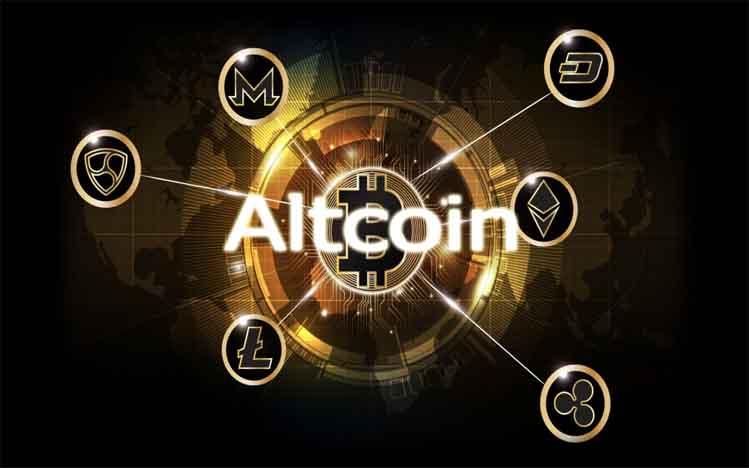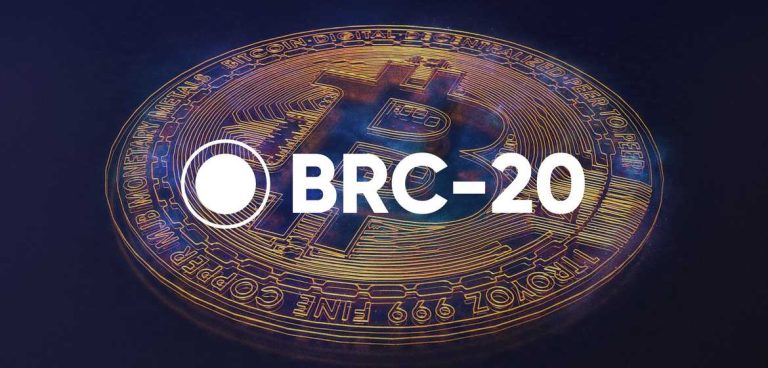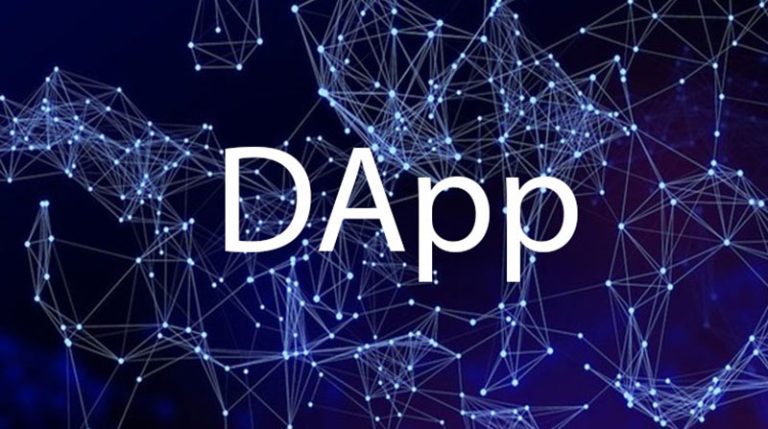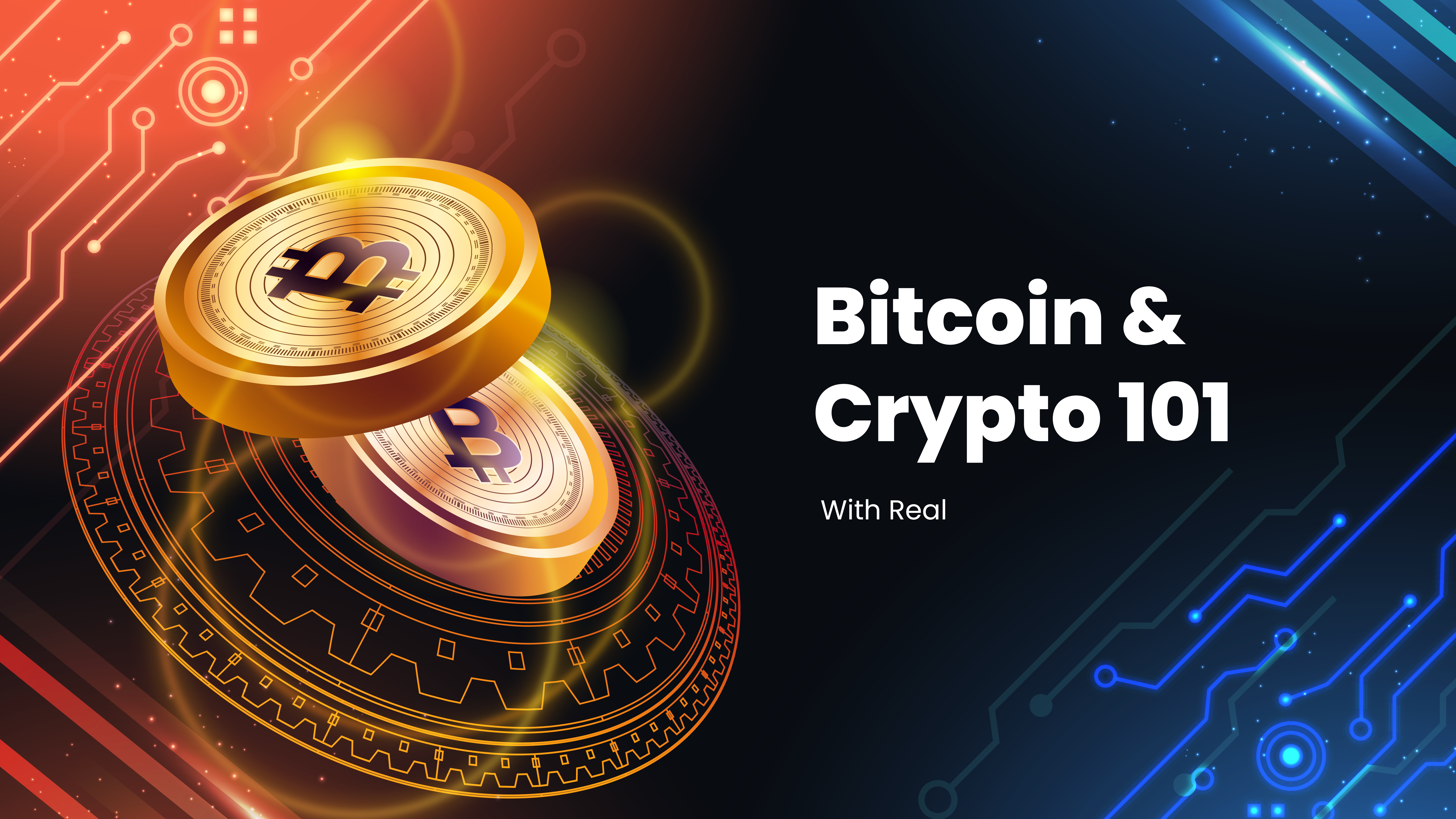As the digital financial landscape evolves, altcoins have increasingly become pivotal in exploring new functionalities and addressing bitcoin’s limitations. This burgeoning ecosystem encompasses a wide array of innovations notably in artificial intelligence (AI), real-world assets (RWAs), decentralized physical infrastructure networks (DePIN), and decentralized autonomous organizations (DAOs).
Artificial Intelligence (AI)
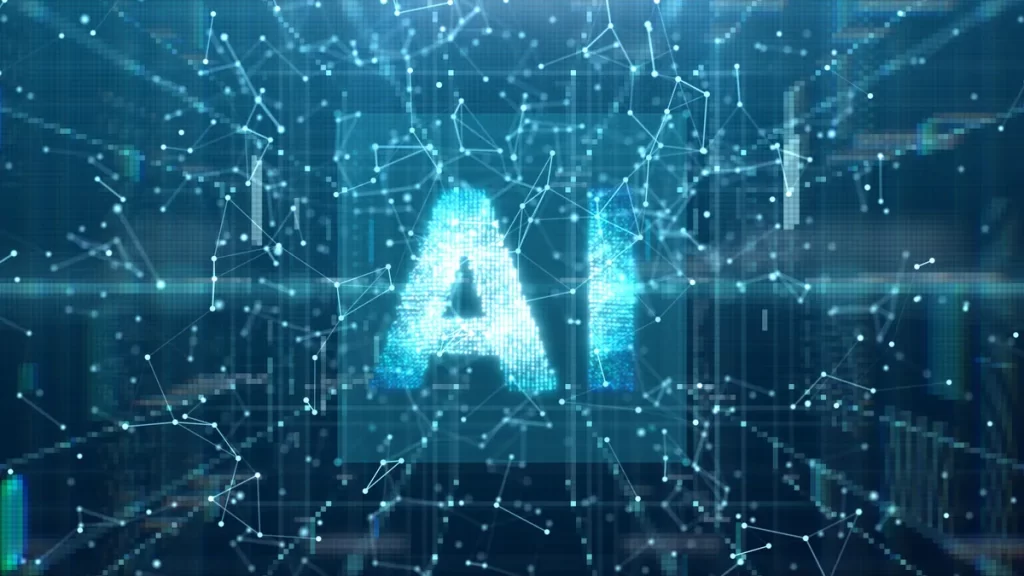
AI integration in altcoins is revolutionizing the cryptocurrency world. Coins like Fetch.AI and SingularityNET are pioneering the fusion of blockchain and artificial intelligence. These projects aim to decentralize AI development and deployment, making it accessible and secure. By leveraging smart contracts, AI altcoins can automate complex tasks and processes. This enhances efficiency and opens new possibilities for decentralized applications.
Real World Assets (RWA)
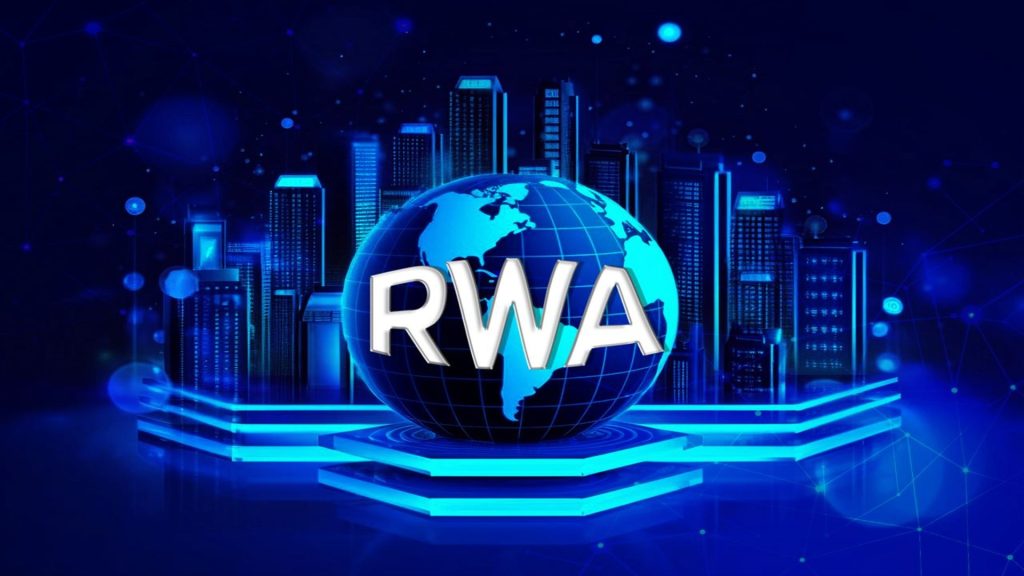
RWAs represent another groundbreaking development in the altcoin space. Cryptocurrencies like MakerDAO’s DAI and Synthetix are leading the charge in tokenizing physical assets including real estate, commodities, and fiat currencies. By bridging the gap between digital and physical assets, RWAs provide liquidity and accessibility to traditionally illiquid investments. This integration not only democratizes access to wealth-building opportunities, but also brings stability to the volatile crypto market through asset-backed tokens.
Decentralized Physical Infrastructure Networks (DePiN)
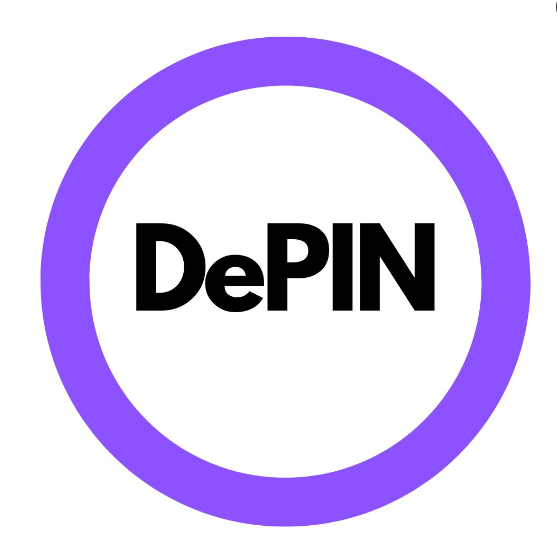
DePINs are emerging as a unique application of altcoins. Projects like Helium and Filecoin exemplify how blockchain can incentivize the creation and maintenance of physical infrastructure. Helium, for instance, uses its native token to reward users for providing wireless network coverage, effectively decentralizing the telecom industry. Similarly, Filecoin compensates users for offering storage space, creating a decentralized alternative to traditional cloud storage services. These innovations demonstrate the potential of altcoins to transform physical infrastructure sectors by decentralizing control and enhancing efficiency.
Decentralized Autonomous Organizations (DAOs)
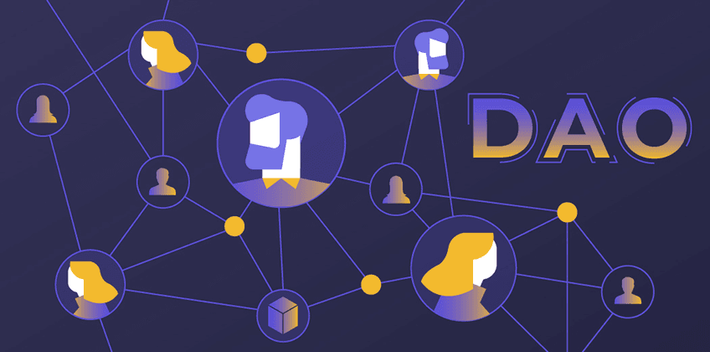
DAOs are another significant advancement powered by altcoins. Platforms like Ethereum enable the creation of DAOs, which operate without centralized leadership. Decisions within a DAO are made through a consensus mechanism, typically via token-holder voting. This structure promotes transparency and democratization in organizational governance. DAOs have the potential to revolutionize various industries by enabling community-driven decision-making and reducing the need for traditional hierarchical management structures.
Conclusion
In conclusion, the altcoin universe is rapidly expanding, driven by advancements in AI, RWAs, DePIN, and DAOs. These innovations not only push the boundaries of what cryptocurrencies can achieve but also pave the way for more inclusive, efficient, and decentralized systems across various sectors. As altcoins continue to evolve, they hold the promise of transforming our digital and physical landscapes, making a significant impact on how we interact with technology and finance.
Source:
https://cointelegraph.com/news/singularity-net-fetch-ai-ocean-protocol-merger-drive-decentralized-ai-development-chaingpt-ceo
https://decrypt.co/127094/fetch-ai-singularitynet-team-up-to-squash-ai-hallucinations
